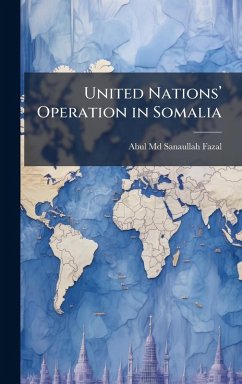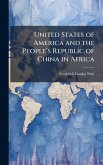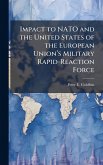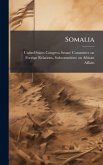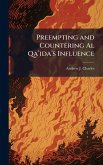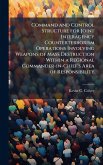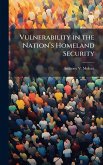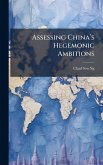This study examines whether the UN Operation in Somalia could have succeeded with a different approach or application. Somalia plunged into catastrophic humanitarian crises amidst brutality by the repressive regime and the civil war that followed its overthrow in January 1991. After a costly lapse of time, the UN undertook a peacekeeping operation in Somalia on 24 April 1992 with the adoption of Security Council Resolution 751. During the next three years of involvement, the UN sought to alleviate human suffering, disarm the factions, and institute a government--areas that would eventually determine success or failure. Given the major turns of events, the UN proved unequal to the task in each stage because of a chain of continuing flaws. However, this study suggests that chances for success were there and a different approach and application were needed. First, an early involvement could have yielded a positive outcome. Second, decisive and pragmatic approach during the United Nations Operation in Somalia (UNOSOM) I promised to be yet another way of being successful. The last possibility of success was linked with ability to capitalize on and continue the improved security and humanitarian situations that was achieved by the Unified Task Force. This particular possibility, as the study recommends, was the most practicable one. This work has been selected by scholars as being culturally important, and is part of the knowledge base of civilization as we know it. This work was reproduced from the original artifact, and remains as true to the original work as possible. Therefore, you will see the original copyright references, library stamps (as most of these works have been housed in our most important libraries around the world), and other notations in the work. This work is in the public domain in the United States of America, and possibly other nations. Within the United States, you may freely copy and distribute this work, as no entity (individual or corporate) has a copyright on the body of the work. As a reproduction of a historical artifact, this work may contain missing or blurred pages, poor pictures, errant marks, etc. Scholars believe, and we concur, that this work is important enough to be preserved, reproduced, and made generally available to the public. We appreciate your support of the preservation process, and thank you for being an important part of keeping this knowledge alive and relevant.
Bitte wählen Sie Ihr Anliegen aus.
Rechnungen
Retourenschein anfordern
Bestellstatus
Storno

